Last week I finally bought my plane ticket to Japan, so my study abroad opportunity is finally starting to feel more real! It’s definitely one thing to be accepted into Kansai Gaidai University and begin to fill out paperwork for housing, etc.. Those are great things that bring me closer to my destination. However, it’s quite another thing to buy a plane ticket; it puts the paperwork into the realm of reality.
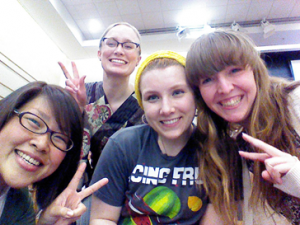
Japanese Club Spring Festival with club members Emily and Sabena, and my language partner, Nozomi. We practiced Japanese and sang karaoke, a popular pastime in Japan
I chose the study abroad program at Kansai Gaidai University because I plan to teach English in Japan after I graduate, either through Fulbright or the Japan Exchange Teaching Programme (commonly referred to as the JET Programme). Studying abroad in Japan will provide me with excellent opportunities to learn about Japanese culture, practice using the language in its native context, and get to know new people- things I’ve been wanting to do for years.
I’m probably most looking forward to making new friends and getting to know new people in Japan. From what I’ve heard from others who have been to Kansai Gaidai, students on campus are very friendly and want to make foreign friends just as much as I do.
I also really want to visit a lot of places like shrines, temples, and “konbini” (convenience stores- Japanese konbini are famous for their uniqueness) among other tourist attractions. And just as much as tourist attractions, I want to explore Hirakata and the surrounding area for small, hole-in-the-wall places that make the area unique; I’d love to find a little “mom-and-pop” type ramen stand or something similar that would make the area feel like home. Hopefully I’ll even find time to make the journey from Hirakata to Tokyo. It’s a long way, but it will be worth it to visit Japan’s largest city. I’ve already starting making a list of places in Tokyo, Osaka, and Kyoto that I want to visit. I won’t have time for all of them, I’m sure, but organizing a list ahead of time will make my decision easier when I’m actually there. I just can’t help but start preparing now, even though this semester isn’t over yet!
I’m really excited to simply live in another place, despite the language barrier that I will undoubtedly run into. When I went to Honduras last year, I had been learning and speaking Spanish for about eight years, so I didn’t really have any trouble navigating or speaking to locals. However, I’ve only taken two years of Japanese and learned a little on my own. I’m sure the language barrier will affect more aspects of my life than I’m aware of, but honestly I’m really excited about it: it’ll give me a chance to really practice using the language. I’ll make mistakes when taking trains; maybe I’ll read the maps wrong. But I’m sure it will turn out alright, and very possibly turn into an exciting adventure. Even something as simple as going to the store won’t be as simple as it is at home. None of the products will be the same and I probably won’t be able to read much on the labels. Despite all this, I’m still very excited about it- these experiences will help me grow and develop as a person and prepare me for the career I’ve chosen. Not to mention I’ll have a good time!
Enthusiastic future Kansai Gaidai student,
Sarah Blackwell
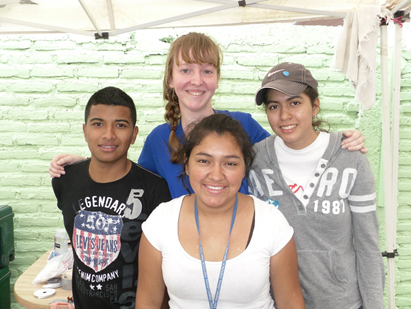
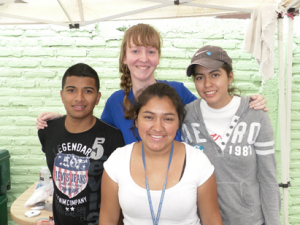
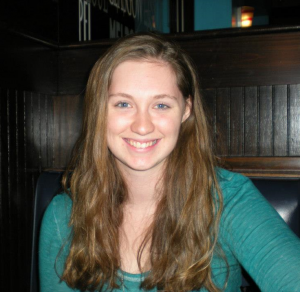
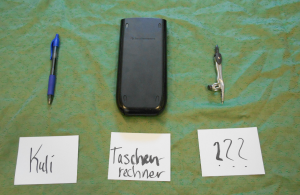 anslate the jargon as well as the industry themselves.
anslate the jargon as well as the industry themselves.

